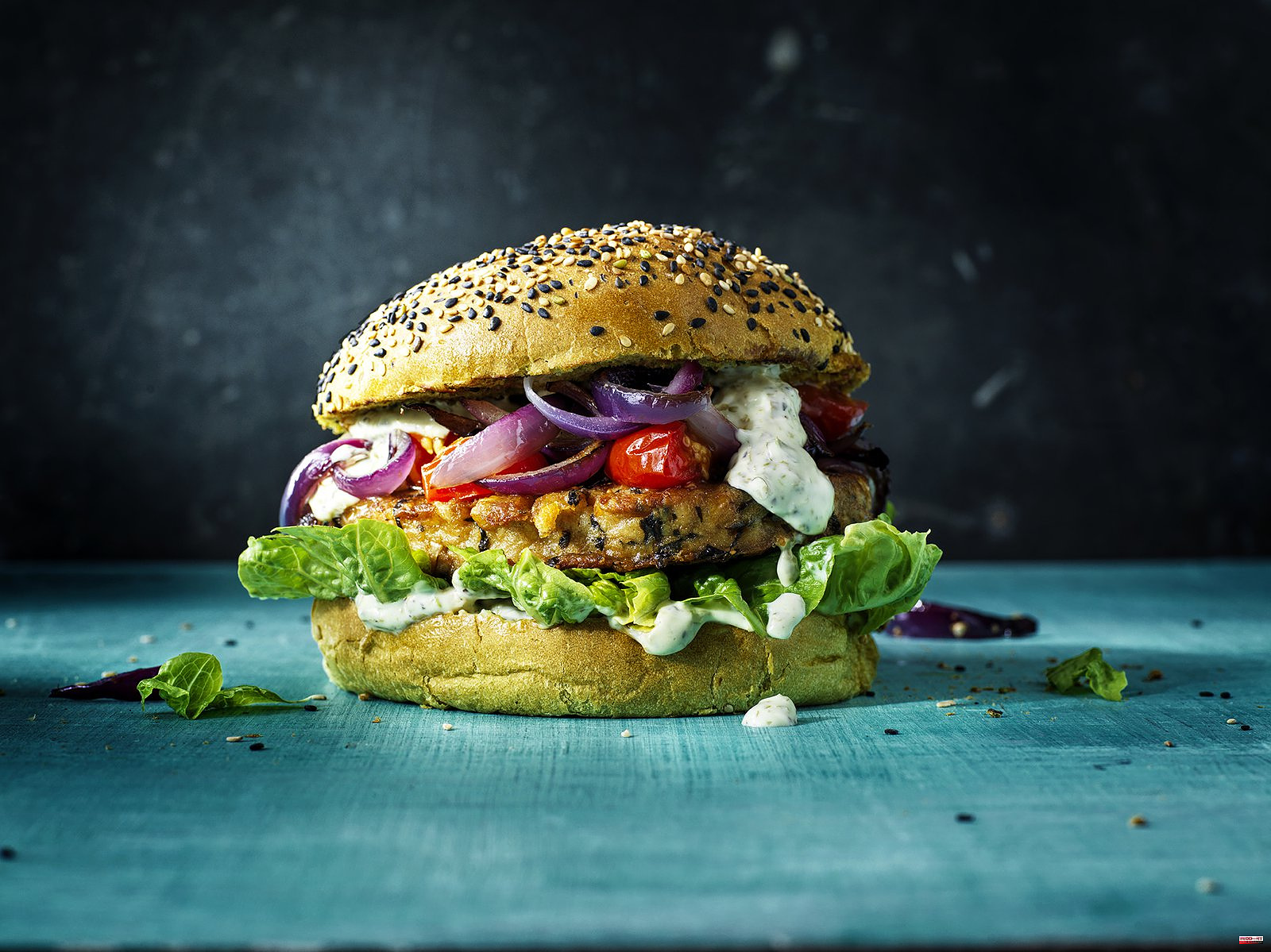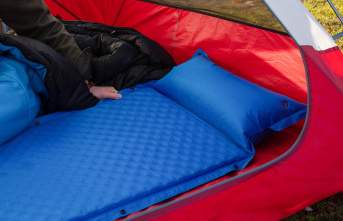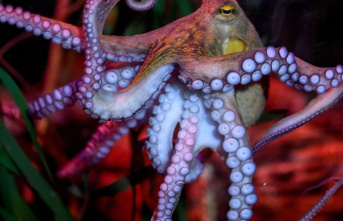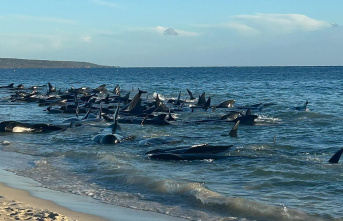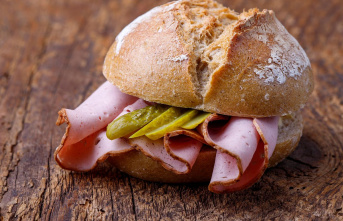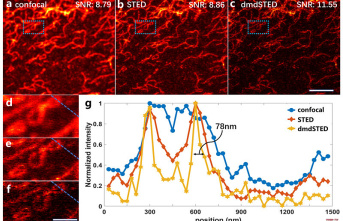The atmosphere was rich in oxygen and there was little competition for food when the first vertebrates emerged from the sea 390 million years ago. The coast was clean.
Life on the land will be more difficult in 2022. Earth's population is expected increase to 9.7 billion people by 2050. Experts estimate that food production must rise by 70% to keep up with this growth. A 2017 research review states that "previously used methods of intensifying agricultural production will soon be no longer an option because they have high environmental impact trade-offs." These trade-offs include the destruction of biodiversity and fragmentation of natural habitats, greenhouse gas production from land clearing, fertilizers, animal livestock production, and nutrient dumping from fertilizer-damaging marine, freshwater, and terrestrial ecosystems.
A 2018 farm-to fork study that examined 40,000 farms produced 90 percent of the food consumed on Earth found that we must abandon meat and dairy products if our future survival is to be assured. The U.S. has been willing to try the waters. According to the Good Food Institute's market research, which promotes alternative animal agriculture, Americans spent $1.4 Billion on retail plant-based meat in 2021. This represented a market share of 2.7% of all retail packaged meat dollar sales. Two of America's most well-known faux-meat companies, Beyond Meat and Impossible Foods, claim that their burgers are much more sustainable than beef-burger alternatives.
An even smaller, but equally motivated, group of plant-based food entrepreneurs are determined to make their mark by promoting and spotlighting an ingredient that doesn't require land or water, and which, they claim, has the same potential to appeal to Western palates. Think about the possibility that the ocean is our most promising resource. Are you willing to swap meat for seaweed
Seaweed is a staple food in East Asian cuisines for hundreds of centuries. In 2020, South Koreans ate 20.4 pounds per capita of seaweed. However, it remains a niche food product in Western countries.
Mark Kulsdom, an animal-rights activist who was also co-founder of the infamous Dutch Weed Burger, says that seaweed should be branded. He approached the problem with praise for his country's cannabis culture. "People were interested in us because we're from Amsterdam and the Netherlands, so that's how we got them in."
Royal kombu, also known as sugar kelp, is a Dutch organic seaweed farm product that enhances the flavor of the Dutch Weed Burger's soy chip-based patty. It's served on a bun tinted green with microalgae. The sauce includes sea lettuce. Kulsdom describes this burger as having a savory character with roasted flavors. He says, "It's a mixture of familiar and new flavours, and that really works well." People don't associate it with a meat substitute, but instead [approach] it as a standalone plant-based hamburger."
Kulsdom explained Dutch Weed Burgers in his TEDx Talk to Tilburg University 2015 that they are "also vegetarian but for meat eaters" and now sell over a quarter of a million burgers annually. He and his partners still enjoy making cheeky appeals at omnivores ten years after launching their first product. He says, "Saying that this is for meat-eaters, but vegetables can also eat it" is absurd, as it is often the opposite. "[We] are trying to get people to think about their habits and change them."
Kulsdom's ultimate goal is to change the culture. He says, "I believe that we should raise eyebrows sometimes by using some unconventional approach to things." It's boring when people know what they already know. Their curiosity awakens and new ideas and things can be discovered.
AKUA, a meat-alternatives-made-from-kelp company based in Brooklyn, New York, partners with GreenWave (a nonprofit network of regenerative ocean farmers) and sources its aquacultural products from sustainable farms in New England. Courtney Boyd Myers is the founder of AKUA. An entrepreneur who had been cooking seaweed for years, Courtney Boyd Myers decided to focus on the environmental benefits after visiting GreenWave's Connecticut farm in 2016. AKUA was created three years later in order to spread the word.
Boyd Myers, like Kulsdom acknowledges the need for a thoughtful matchmaker when it comes to seaweed. She says, "Our Kelp Jerky contains over 70% kelp. We've discovered that it is too kelp-forward to be consumed by the majority of consumers." AKUA is currently reformulating its jerky. She explains that the kelp was reduced to around 30% in the Kelp Burger recipe. The burger is loved by people regardless of whether or not they like seaweed.
However, it is not as easy as professional chefs would wish to explain what a kelp hamburger is to customers in a restaurant setting. Boyd Myers believes that the plant-based Krab Cake will make food service more efficient. "Most people will instantly understand what a plant-based crabcake is. The fact that it's made from kelp, a plant from the sea, just makes sense.
She argues that these culinary pitches are worth the effort. Boyd Myers states that kelp grows fast, about a foot per month. This makes it more efficient than other land-based plants in absorbing carbon dioxide and turning it to its biomass and oxygen. Boyd Myers says that the ocean is the largest absorber of carbon dioxide. Therefore, kelp forests, kelp farms, and kelp trees have a crucial role in helping to combat climate change. Researchers hope to eventually sequester large amounts of carbon by allowing kelp to sink into the deep sea. A 2019 research review found that the technology required to achieve this feat on a large scale is not yet available. However, more than 48 million kilometers of oceans could be suitable for seaweed aquaculture. This would benefit coasts in at least 7 countries. It acts as "charismatic" carbon that buffers acidic, hypoxic, and eutrophic waters. Researchers noted that seaweed offsetting isn't the only solution to climate change. However, it offers a valuable new tool for a more sustainable tomorrow.
The category of plant-based meat includes both analog offerings (which are those that mimic the appearance, texture, and taste of animal flesh) and non-analog offerings (which make up the remaining 10%). The Dutch Weed Burger's, AKUA's, and AKUA's offerings represent the latter. A new company hopes to make seaweed's strongest case yet.
Umaro Foods, a Berkeley, California-based business that received a $1million investment in Shark Tank's April episode, debuted its seaweed bacon at three restaurants in San Francisco and New York City last week. Patent-pending protein from the company is a functional substitute for hemoglobin, heme. It allows plant-based products to mimic meat with the same color and umami-enhancing properties. Amanda Stiles and Beth Zotter, cofounders of the company, are determined to make a big splash with their innovative products.
"[We] believe that people shouldn't be forced to eat less meat. Zotter states that you have to create something that is delicious and delivers all the nutrition people want. Bacon is a well-known product that vegetarians have difficulty giving up. It is sort of like a gateway drug that causes people to revert to full-on carnivory. We are excited to provide the product that will finally allow people to stop eating meat.
Umaro Foods discovered another aquatic plant that is rich in protein. Kelp is relatively low in protein. Zotter says that the seaweeds we are currently using are red seaweeds, particularly nori which has up to 40% protein, even more than a soybean. According to the U.S., soybeans get 35-38 percent of their calories as protein. Soybean Export Council. Zotter says that technology and traditional breeding programs have the potential to improve seaweed protein and make them a high-quality source of protein on a large scale to compete with soy. Four strips of Umaro seaweed bacon with its own protein are present in their current form. They contain 240 calories and one gram of protein.
Zotter and her partner aren't only looking for seaweed protein. She says that while bacon uses protein, it also contains hydrocolloids. These are the gels that make seaweed soft and buoyant. We're creating a great fat analog by using hydrocolloids. The amount of fat in bacon is what makes it so delicious. Seaweed hydrocolloids have been used to efficiently - and this is one our patent-pending innovations - to encapsulate plant oil like sunflower oil and coconut oils inside a matrix that replicates the texture and mouthfeel of animal fat.
Is it working? New York City's Egg Shop was one of three restaurants that first served bacon. It received rave reviews from customers who tried it. They were impressed by the bacon's rich flavor and crispiness. The bacon also has a distinct salty taste, which adds depth to breakfast sandwiches.
Umaro Foods hopes to continue the momentum of other-protein success stories such as Beyond Meat or Impossible Foods and lead meat eaters into more sustainable, scalable alternatives. They are open to new companies. Zotter states, "I believe there's room for many people to compete in a growing marketplace." "Competition is good for everyone right now because it means that products will get better.
Researchers discovered 14,000-year old seaweed fragments from southern Chile in 2008. They had been made into cakes and smoked like tobacco. Scientists discovered that nine types of seaweed were found at the site. They are both "excellent sources of iron, zinc and protein, as well as a wide variety of trace elements, especially cobalt and copper." Secondary benefits include: "aiding cholesterol metabolism; increasing calcium uptake of bone, antibiotic effects and increasing body's ability fight infection."
Although Mark Kulsdom’s Dutch Weed Burger and Courtney Boyd Myers’s Krab Cakes sound futuristic, it is possible to argue that they are revisiting one the oldest stories we have.

